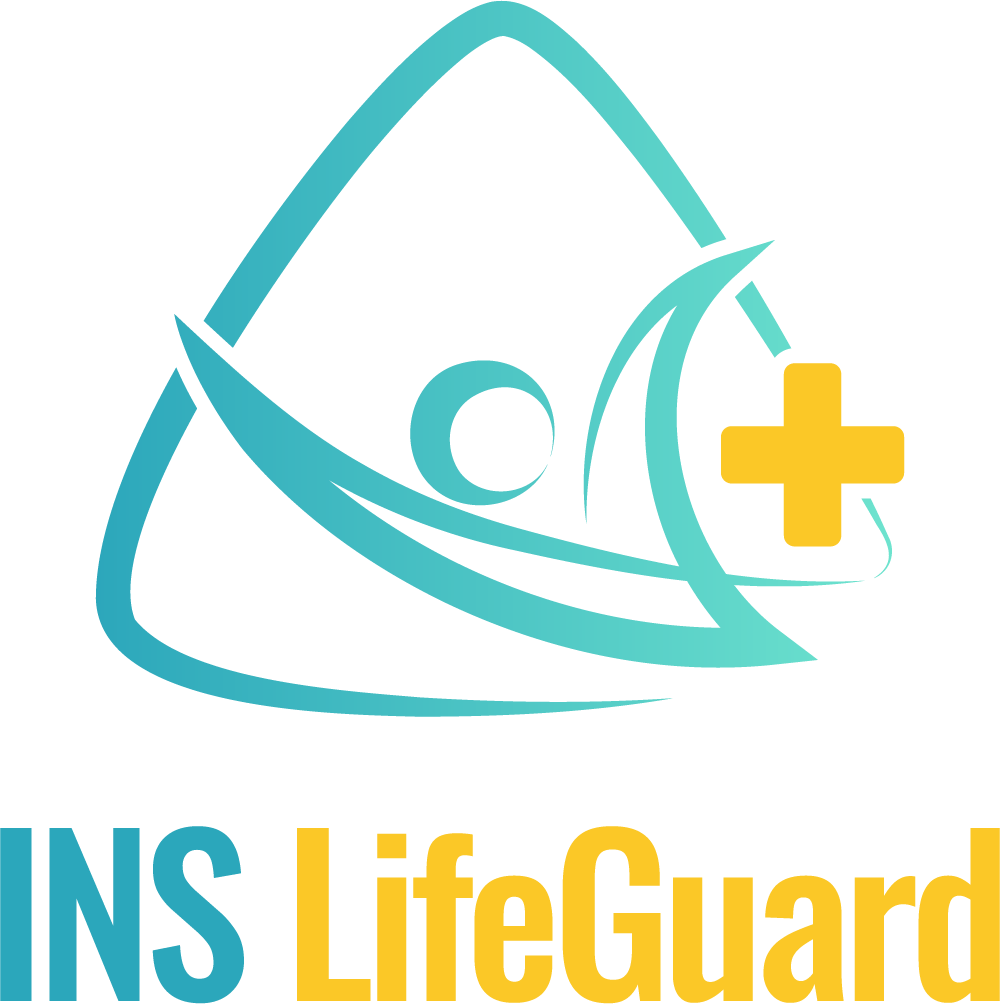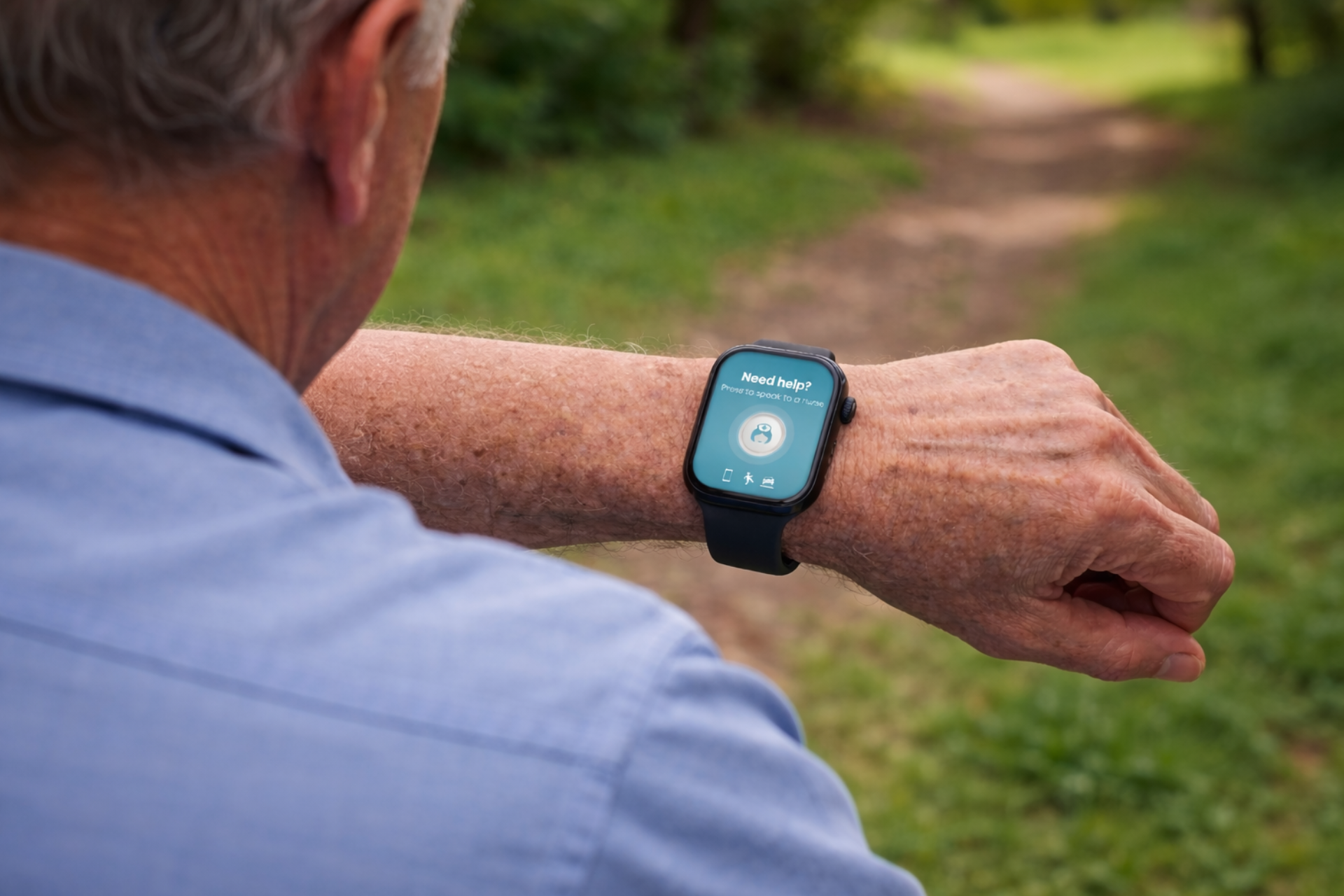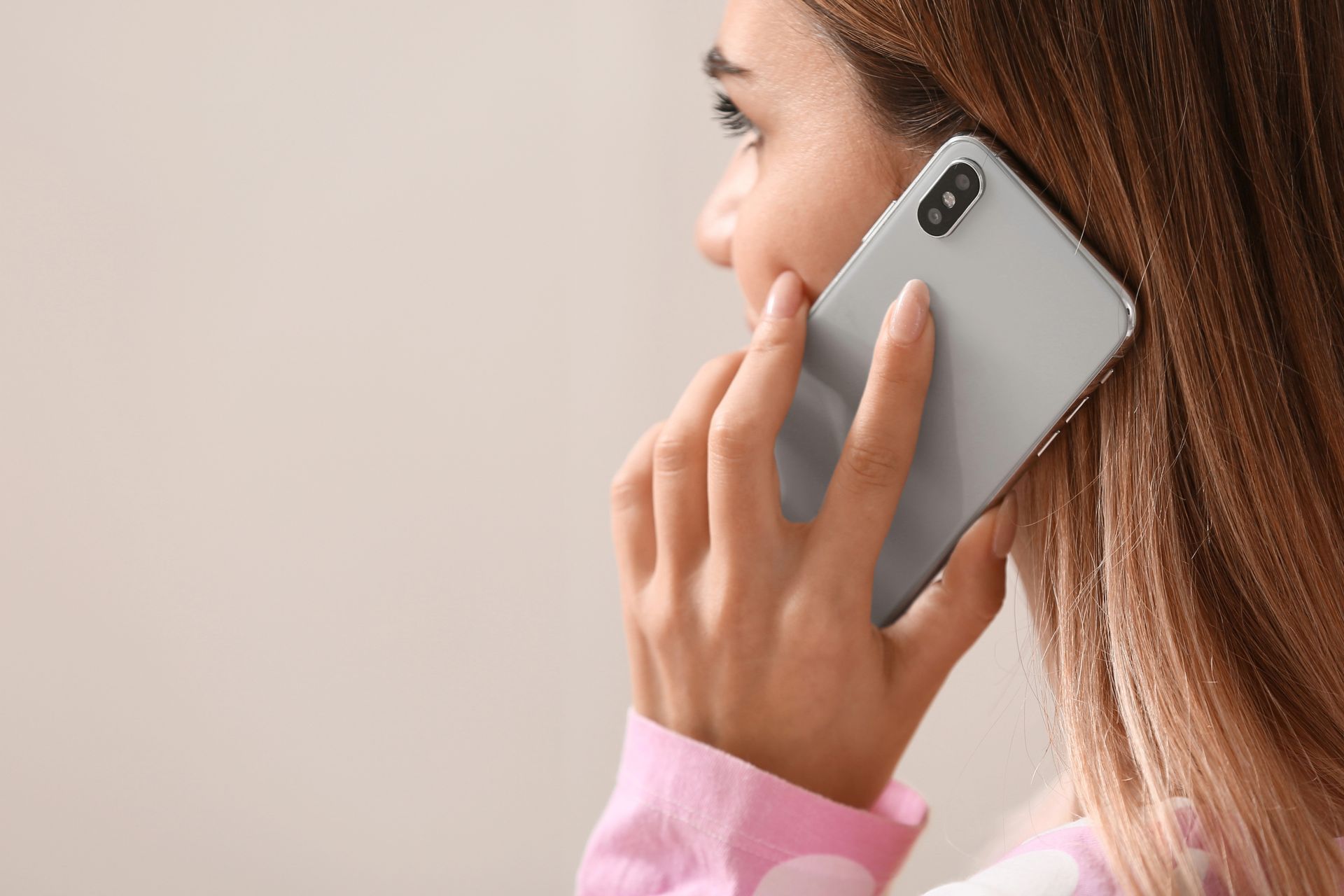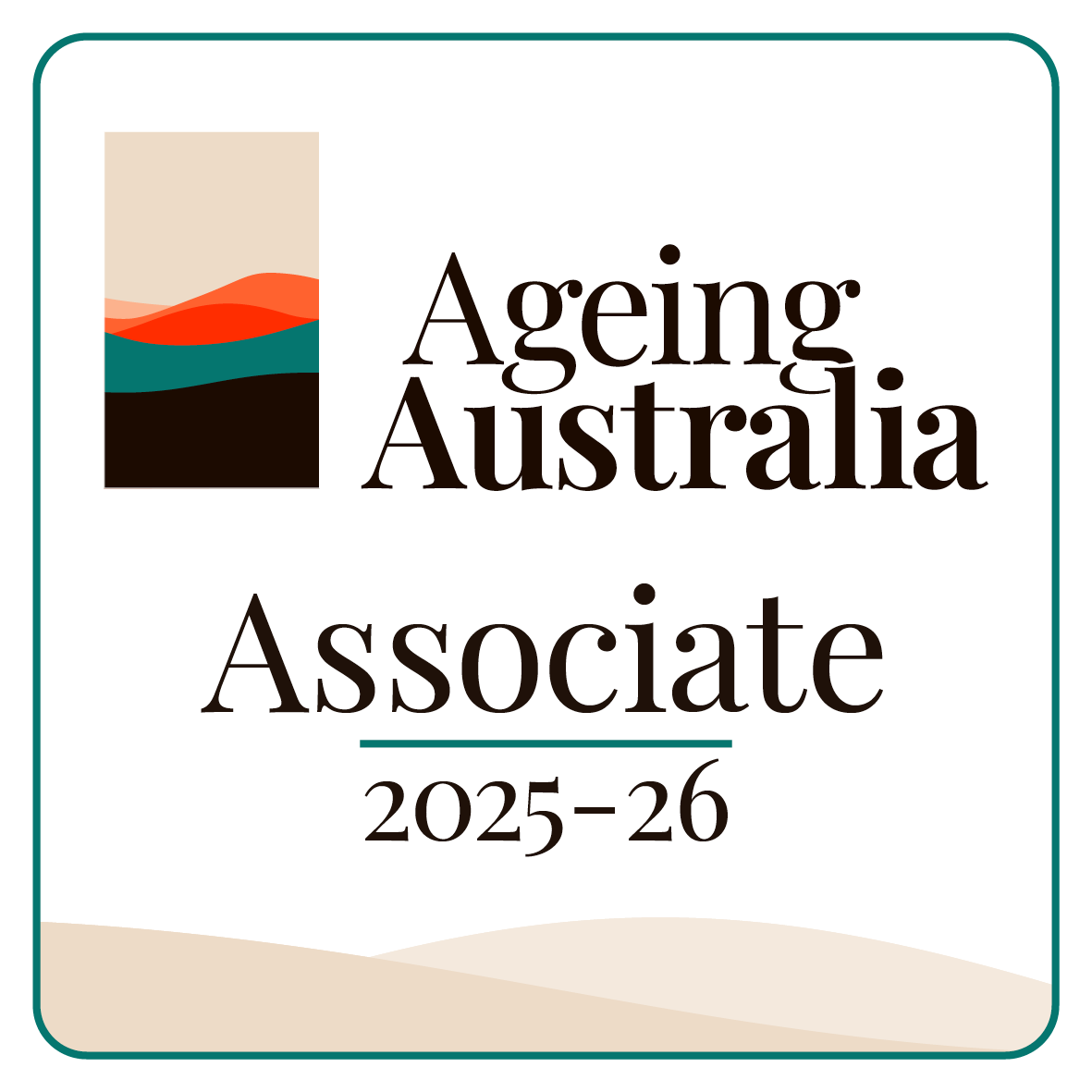Have a Question?
Medical Alarm Solutions for Pacemaker Users
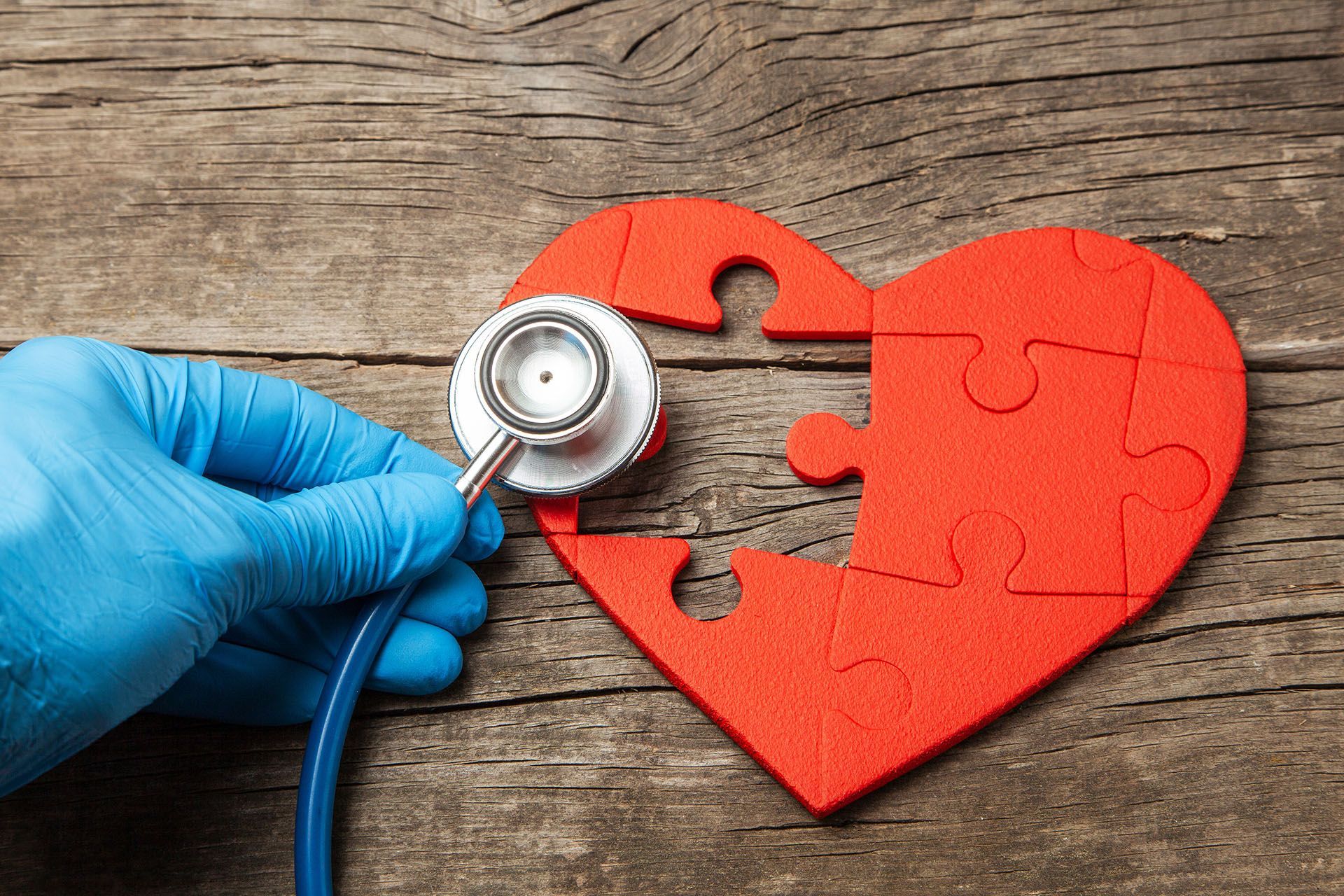
Technology has not only transformed our communication and work but has also significantly advanced health and security measures. In this landscape of innovation, pacemakers emerge as a life-changing advancement, particularly for individuals with heart conditions.
In Australia, there's a standardised rate of 79 pacemaker implantations per 100,000 in males and 44 per 100,000 in females, with over 17,000 procedures performed annually.
Despite various devices catering to independent living, only a handful are specifically tailored to accommodate individuals with pacemakers. This blog aims to address concerns about pacemaker compatibility and explore how INS LifeGuard can contribute to ensuring safety and peace of mind.
What is a Pacemaker and How It Works
A pacemaker is a small device implanted in the chest or abdomen to help control abnormal heart rhythms. It consists of a generator (which houses the battery and electronics) and leads (wires) that connect the generator to the heart.
Its primary function is to regulate the heart's rhythm by emitting electrical pulses. When the heart's natural electrical system malfunctions and causes irregular heartbeats, the pacemaker sends electrical signals to the heart muscles, prompting them to contract and maintain a steady heartbeat.
It can be crucial in managing conditions like bradycardia (a slow heartbeat) or other arrhythmias to ensure the heart beats at a healthy rate, helping individuals live a better quality of life and reducing the risks associated with irregular heart rhythms.
Types of Heart Conditions That May Require a Pacemaker
The decision to implant a pacemaker is made by a cardiologist based on a thorough evaluation of the individual's medical history, symptoms, and diagnostic tests. There are several heart conditions that may necessitate the use of a pacemaker. Some of these include:
| Heart Condition | Description |
|---|---|
| Bradycardia | This is a slower than normal heart rate. If the heart beats too slowly, it might not pump enough blood to the body, causing symptoms like fatigue, dizziness, fainting, or shortness of breath. |
| Atrial fibrillation with slow heart rate | Sometimes, individuals with atrial fibrillation (an irregular and often fast heartbeat) might have a slow heart rate that requires a pacemaker. |
| Heart block | This occurs when the electrical signals that control the heartbeat are delayed or interrupted as they move from the atria (upper chambers) to the ventricles (lower chambers) of the heart. This can cause the heart to beat too slowly or irregularly. |
| Sick sinus syndrome | This is a group of heart rhythm disorders where the sinus node (the heart's natural pacemaker) doesn’t function properly, resulting in an abnormal heart rate, which may be too slow or too fast. |
| Tachycardia-bradycardia syndrome | Some individuals experience periods of both fast and slow heart rates due to irregular electrical activity in the heart. |
Potential Risks and Challenges Associated With Having a Pacemaker
Having a pacemaker can significantly improve one's quality of life by regulating heart rhythms. However, it's not without its potential risks and challenges.
One primary concern is device-related complications. The leads, which are thin insulated wires connecting the pacemaker to the heart, can sometimes dislodge or malfunction, requiring repositioning or replacement. This might necessitate additional procedures and can pose a risk of damage to nearby blood vessels or the heart itself.
Furthermore, there could be limitations in certain activities. Individuals with a pacemaker may need to avoid activities that involve strong electromagnetic fields or contact sports that could potentially damage the device or dislodge its positioning. Regular check-ups and consultations with a healthcare provider become crucial to ensure the pacemaker is functioning optimally and to address any concerns promptly.
Psychological and emotional adjustments might also be necessary. Accepting and adapting to the presence of a pacemaker can be challenging for some individuals, leading to feelings of anxiety, fear, or frustration.
Is It Safe for Individuals With Pacemakers to Use a Medical Alarm System?
Wearing a medical alarm around your neck could potentially interfere with your pacemaker; however, you have the option to wear the device on your wrist similar to a watch.
Additionally, despite the low probability of encountering interference, we advise maintaining a safe distance of 15cm between our personal alarms and your pacemaker at all times.
If you have any reservations or concerns, it would be advisable to have a discussion with one of our nurses at INS LifeGuard.
Innovative Medical Alarms for Proactive Heart Care
Conversely, INS LifeGuard personal alarm systems & medical alarm services have a distinct but equally important role. These compact devices are designed to provide an immediate alert in times of distress or emergency. Whether it's a sudden fall, a medical issue, or feeling uneasy in a particular environment, our medical alarms offer a sense of security by instantly notifying carers or if needed emergency services.
LifeGuard TeleHealth Products and Monitoring
The system allows flexibility, enabling the use of personal devices or purchasing dedicated TeleHealth products. Monitoring results can be overseen by family members, caregivers via the free TeleHealth service, or by registered nurses from INS LifeGuard through our professional TeleHealth Service.
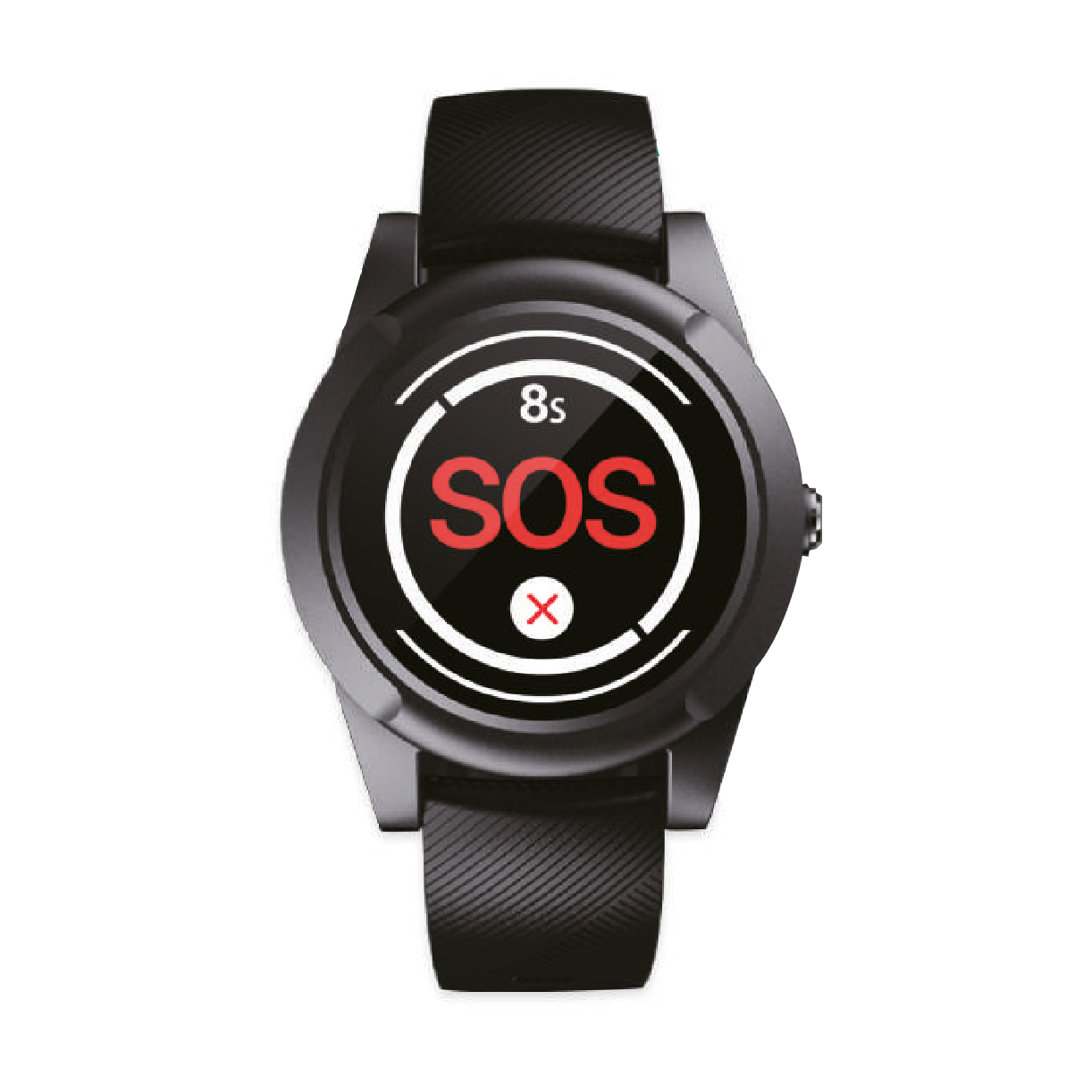
LifeGuard SafetyWatch
This sleek safety watch doubles as a medical alarm, instantly transmitting your GPS location during emergencies. With 4G LTE connectivity and multiple location technologies, it ensures comprehensive coverage. It also monitors heart rate, tracks steps, and offers more functionalities beyond safety.
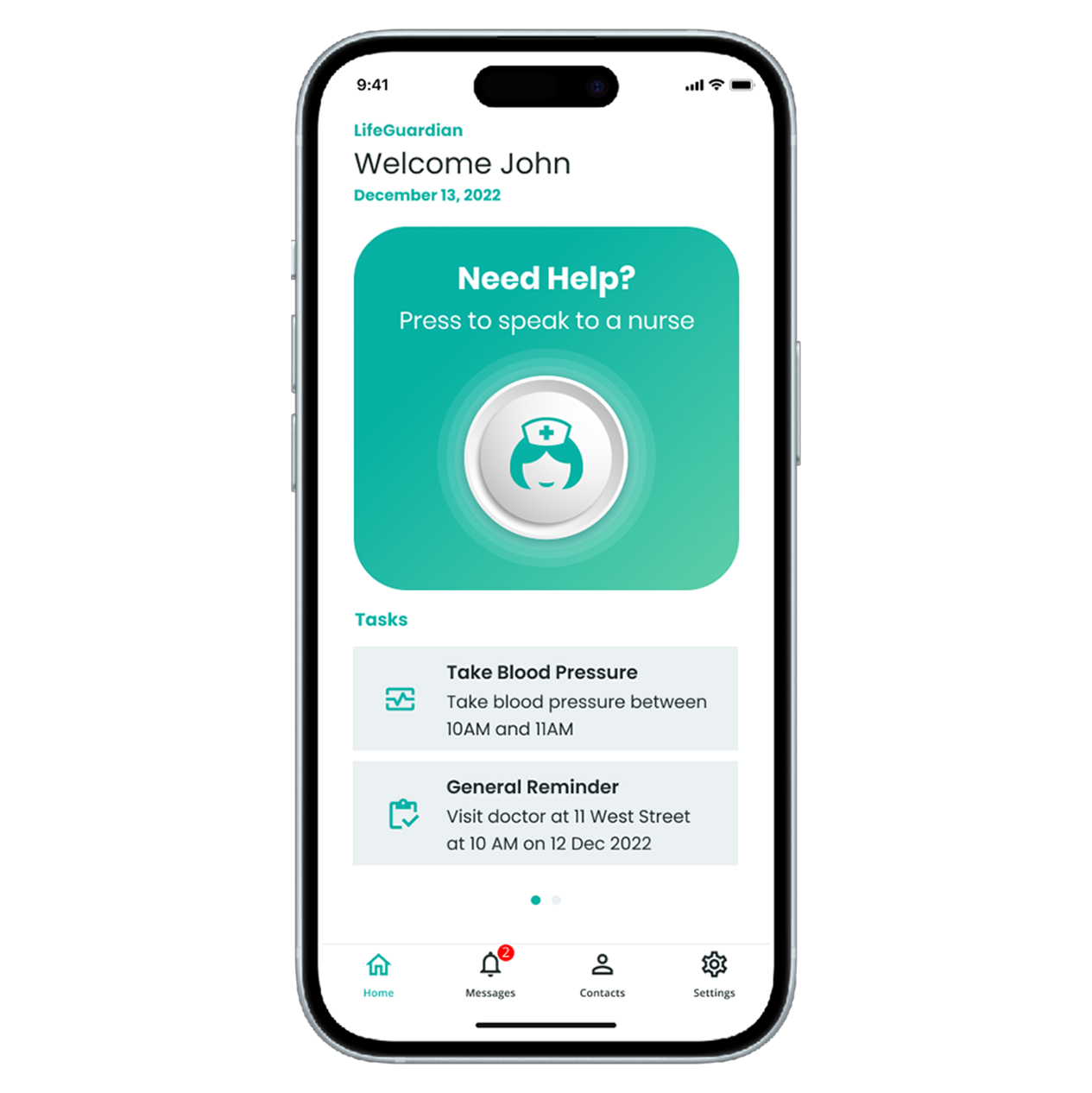
INS LifeGuardian® App
Download the INS LifeGuardian® app to gain access to additional INS LifeGuard Ecosystem services, such as TeleHealth and the INS LifeGuardian Connect® app. You can also convert your phone into a mobile medical alarm for a low monthly monitoring fee. Pair this with the MIA BT4, a stylish wearable.
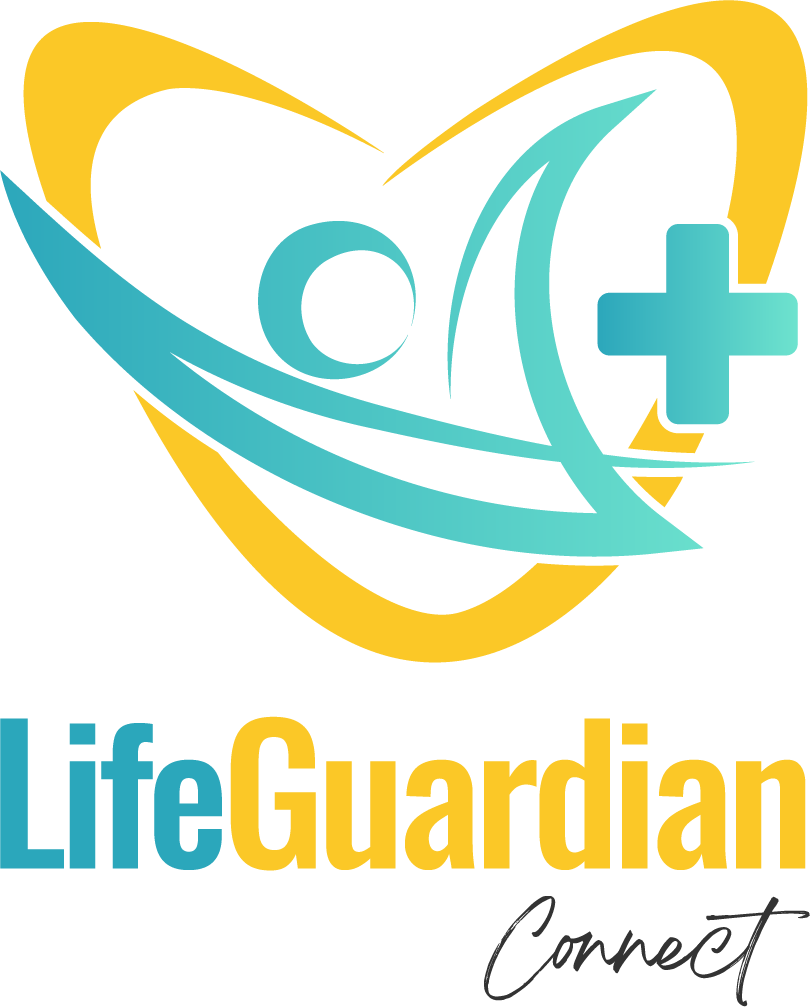
Free INS LifeGuardian Connect® App
When connected, the INS LifeGuardian Connect® app enables the families and caregivers of clients to easily check health status and location, read or modify information, and set alarms, as well as receive alerts if anything unusual occurs.
The Advantages of INS LifeGuard Medical Alarm System for Pacemaker Patients
Creating a safer environment for individuals with heart conditions is crucial, and the INS LifeGuard offers an array of comprehensive solutions tailored to meet these needs. Here are some of the benefits:
Rapid Emergency Response
Our medical alarm systems continuously monitor vital signs. In case of irregularities or emergencies such as arrhythmias or sudden drops in heart rate, the system triggers an immediate alert to our emergency response centre staffed by highly qualified nurses. This swift response can be life-saving during critical situations.
24/7 Monitoring and Support
Vital signs are automatically recorded and can be monitored 24/7 by family or carers. Opt for our professional TeleHealth service, and a registered nurse at INS LifeGuard takes over. We ensure that any potential issues are swiftly addressed, conduct monthly reviews, and even report back to your GP, if desired.
Easy Integration into Daily Life
Compact, waterproof, and user-friendly, our devices become an effortless addition to one's routine. Wear them comfortably or carry them without a second thought; they're designed to blend in, becoming an indispensable part of everyday life.
Free Nurse Chat and Health Info Line
Sometimes, a comforting voice is all that's needed. The INS Nurse Chat operates round the clock, providing companionship and support at any hour. On request, our nurses can communicate with your GP or other primary care providers.
Welfare Checks
Ensuring well-being doesn't stop at alerts and monitoring; we conduct welfare checks post-hospital discharge and upon request from carers and families. It's a proactive step to ensure continued care and reassurance.
Takeaway
Medical alarm systems serve as a crucial safety net for individuals with pacemakers, offering continuous monitoring and immediate response in case of cardiac emergencies. By providing timely assistance and facilitating remote monitoring, these systems contribute significantly to the overall well-being and quality of life for those relying on pacemakers to manage their heart health.

About
INS LifeGuard is the only 24/7 nurse on-call personal and medical monitoring in Australia. We provide monitoring technology for both in the home and on the go and can also monitor other provider's equipment. Our services are suitable for anyone wanting support to stay independent such as the elderly, those with medical conditions and disabilities plus enhancing safety and security for lone workers.
